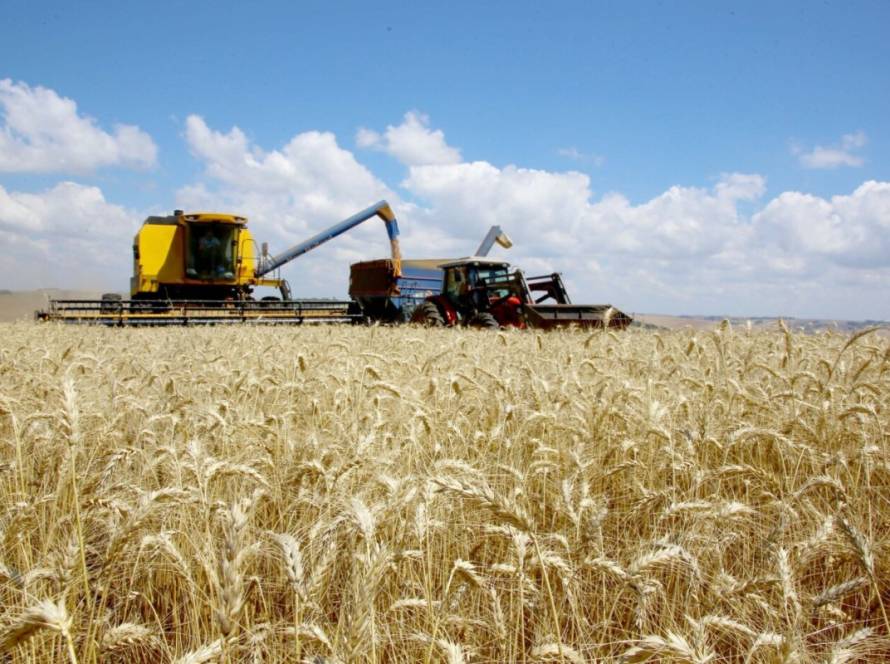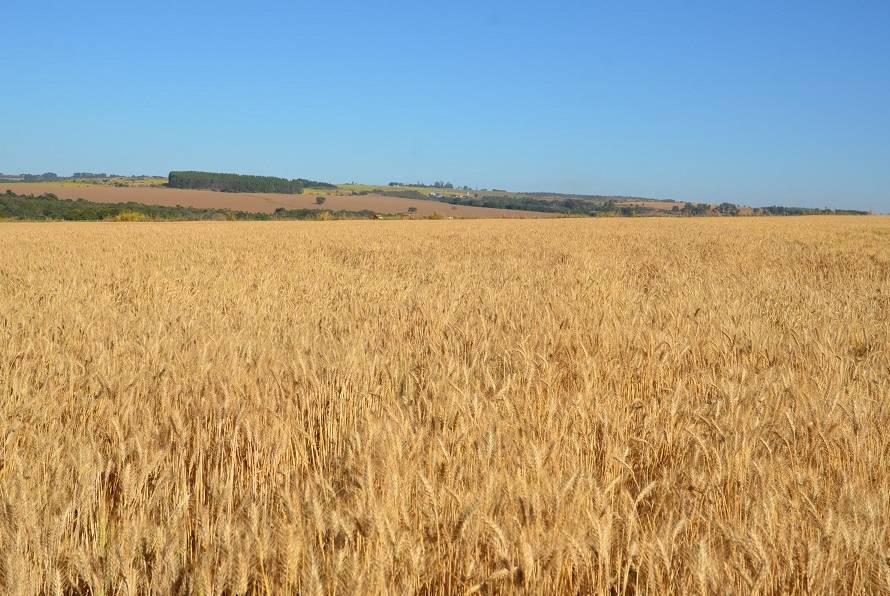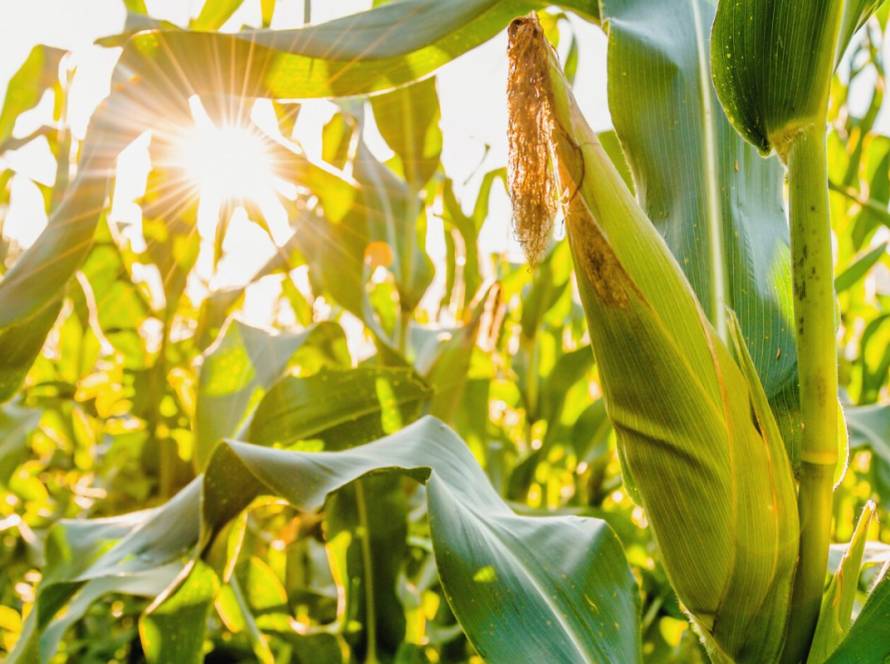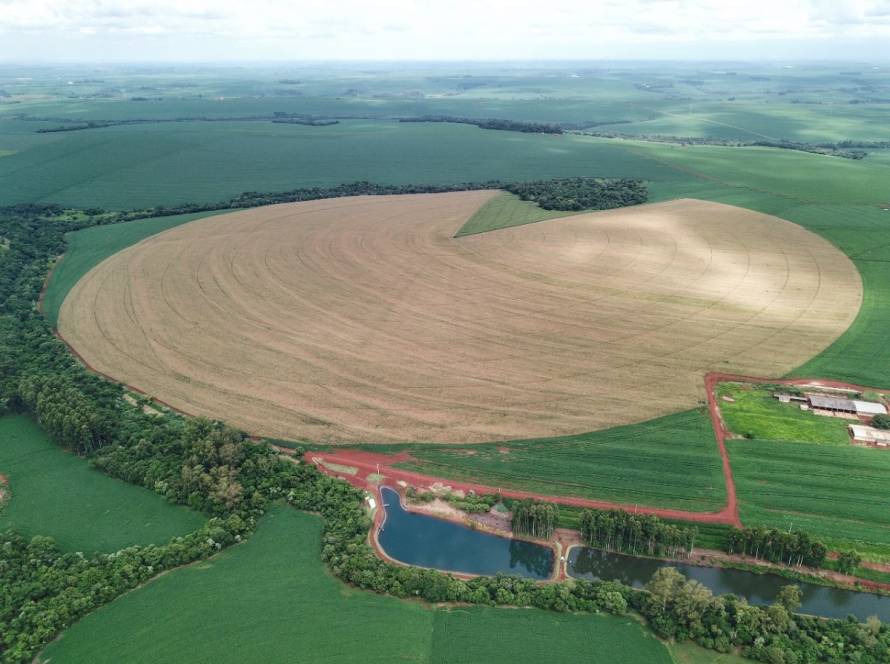The Brazilian Agriculture and Livestock Confederation (CNA) held, last Monday (17), in Florianópolis (SC), the first regional meeting to raise the main proposals of the agricultural sector for the Agricultural and Livestock Plan 2025/2026.
The meeting, to discuss the demands of the South region, was held at the headquarters of the Agriculture and Livestock Federation of the State of Santa Catarina (Faesc), and was attended by representatives of all federations in the region, rural unions, producers, associations and sector entities.
At the opening of the meeting, the president of Faesc, José Zeferino Pedrozo, highlighted the importance of the debate to listen to the needs and demands of producers to guarantee the minimum security of the sector for the annual financing of Brazilian agricultural production.

“With the worsening of public debt and fiscal uncertainties, the market is projecting further increases in the Selic rate. The last PAP was announced with a rate of 10.5% per year. For the next one, the estimate is a Selic of 15%, so we should face a worrying scenario in relation to subsidized interest rates,” he said.
Guilherme reported that there was a reduction of 19% in the volume applied in the Safra Plan between July (2024) and February (2025). According to him, the main factors were the lack of resources, the increase in criteria for credit analysis in banks and some resolutions by the Central Bank, which blocked producers' access.
“The CNA and the Parliamentary Front for Agriculture (FPA) work every year to ensure that there is no contingency of the announced resources and that they are available throughout the entire harvest,” highlighted the technical advisor.
The main demands discussed by the states of Paraná, Rio Grande do Sul and Santa Catarina were the improvement of financing programs for small and medium-sized producers, the reduction of bureaucracy in banks and additional costs, and the guarantee of resources for risk management tools.
At the meeting, producers and representatives of rural unions in Rio Grande do Sul highlighted the state's situation after the floods in May last year. According to reports, grain crops continue to have low productivity and many producers are in debt because they were unable to extend credit payments.

For the president of Faesc, José Zeferino Pedrozo, rural insurance is a concern for all states in the South region and should be placed as a priority for the next Harvest Plan. “Insurance is undoubtedly something that will not be resolved in the short term, but we need to work on this issue to guarantee the safety of producers.”
CNA consultant José Ângelo Mazzillo spoke about Bill 2,951/2024, authored by Senator Tereza Cristina, and its importance for improving rural insurance policy, strengthening budget predictability and efficiency in the sector. The bill introduces several changes in relation to the Catastrophe Fund, such as the possibility of diversified contributions by the Union and a solid administrative structure and effective participation of shareholders.
The meetings will be held in all regions, with the aim of listening to the main demands of producers for the next harvest, which begins in July. The suggestions will be consolidated in a document that will be delivered to the government as a contribution to the preparation of the Agricultural and Livestock Plan (PAP) 2025/2026.
The next meeting will be held on Thursday (20), in Rio de Janeiro (RJ), and will bring together federations, producers and unions from the states of the Southeast region.




